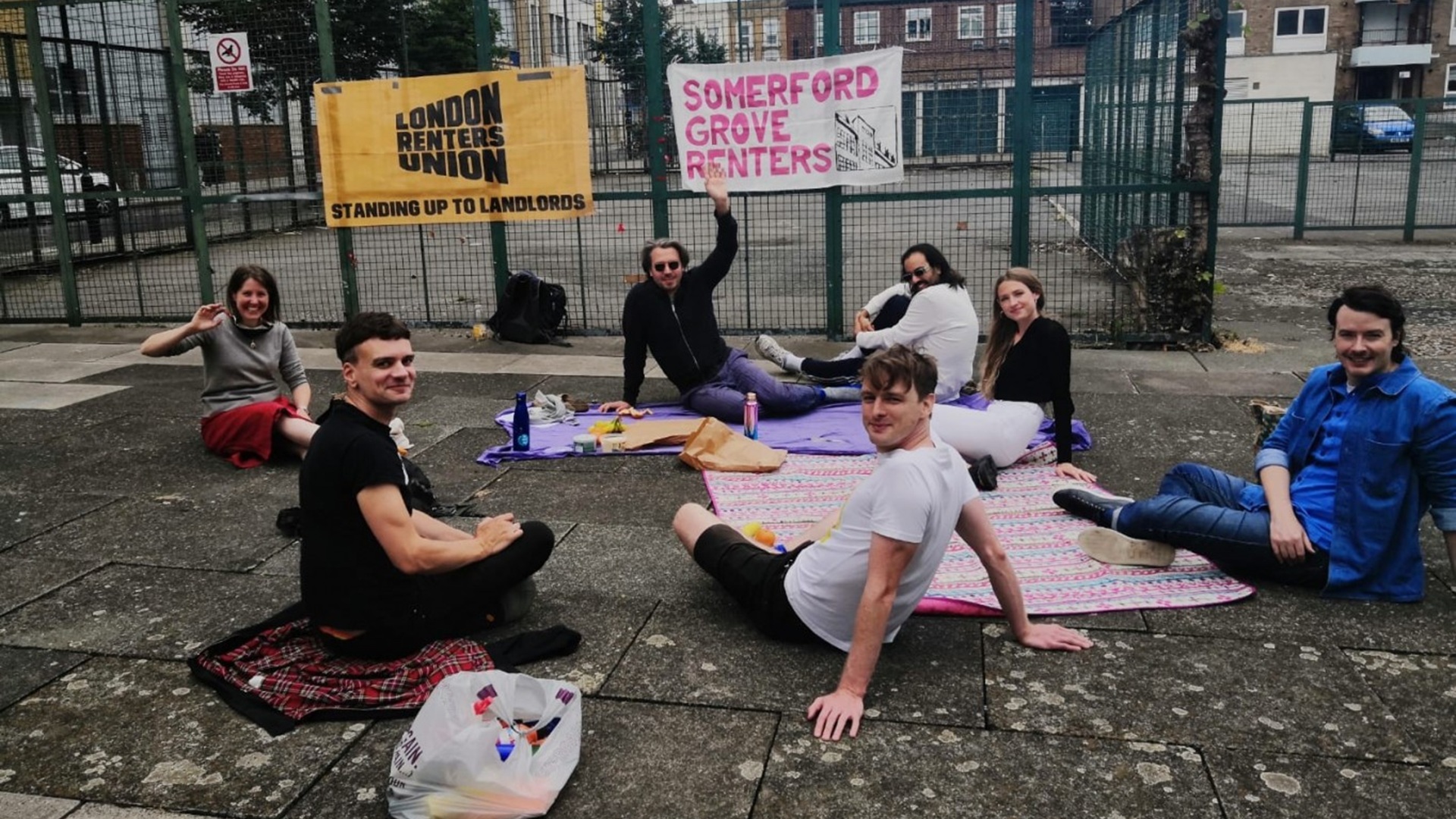This left residents vulnerable to hazardous conditions, including fire risks due to inadequate safety measures, the group argued.
They were angry at landlord Christodoulou, who appears on the Sunday Times Rich List worth a reported £2.5bn, for profiting on rent despite the conditions.
As the lockdown hit in 2020, residents claimed the landlord told them they could use money saved on lunches to pay their rent in full after they called for rent relief.
This led to tenants launching legal action which saw them earn a rent repayment order this week.
Judge Robert Latham in the First Tier Tribunal (Property Chamber) found in favour of the tenants and said: “The respondent can only be characterised as a rogue landlord.”
Now tenants fear that the landlord may look to restructure his corporate group to avoid repaying the rent.
Advertising helps fund Big Issue’s mission to end poverty
Earlier this month, London Renters Union discovered that the landlord is attempting to liquidate the companies that the judgments are against after transferring ownership of Olympic House and Simpson House from one company to another within his corporate group at a large loss or undervalue.
Christodoulou’s Yianis Group did not respond to Big Issue’s request for comment.
“This appears to be a deliberate attempt to evade financial responsibility through corporate restructuring,” said Marc Sutton, an SGR member. “These tactics highlight how wealthy landlords manipulate corporate structures to avoid accountability while tenants suffer the consequences.”
Osserman added: “Even when we win in court, landlords like Christodoulou can game the system to avoid paying up. The only way we can fight back is by organising and taking collective action.”
What is a rent repayment order?
Rent repayment orders allow tenants to take action to recover rent they have paid to their landlord when the landlord has committed an offence.
Local authorities can also pursue rent repayment orders where rent has been paid by housing benefit and universal credit.
Advertising helps fund Big Issue’s mission to end poverty
First-tier tribunals decide whether a landlord is liable to repay rent.
Landlords who use violence to secure entry to a property, harass occupiers, fail to comply with an improvement notice, breach a banning order or manage an unlicensed property can face rent repayment orders.
Labour’s Renters’ Rights Bill is set to strengthen rent repayment orders to allow tenants to take action against landlords in rent-to-rent arrangements.
Orders will also be able to be sought against landlords who knowingly or recklessly misuse a possession ground or provide false information to the upcoming private rented sector database.
The maximum amount of rent a landlord can be ordered to pay will also double from 12 to 24 months.
Landlords who have previously been subject to enforcement action for an offence will be required to pay the maximum amount of rent in a bid to crack down on repeat offenders.
Advertising helps fund Big Issue’s mission to end poverty
Do you have a story to tell or opinions to share about this? Get in touch and tell us more. Big Issue exists to give homeless and marginalised people the opportunity to earn an income. To support our work buy a copy of the magazine or get the app from the App Store or Google Play.










